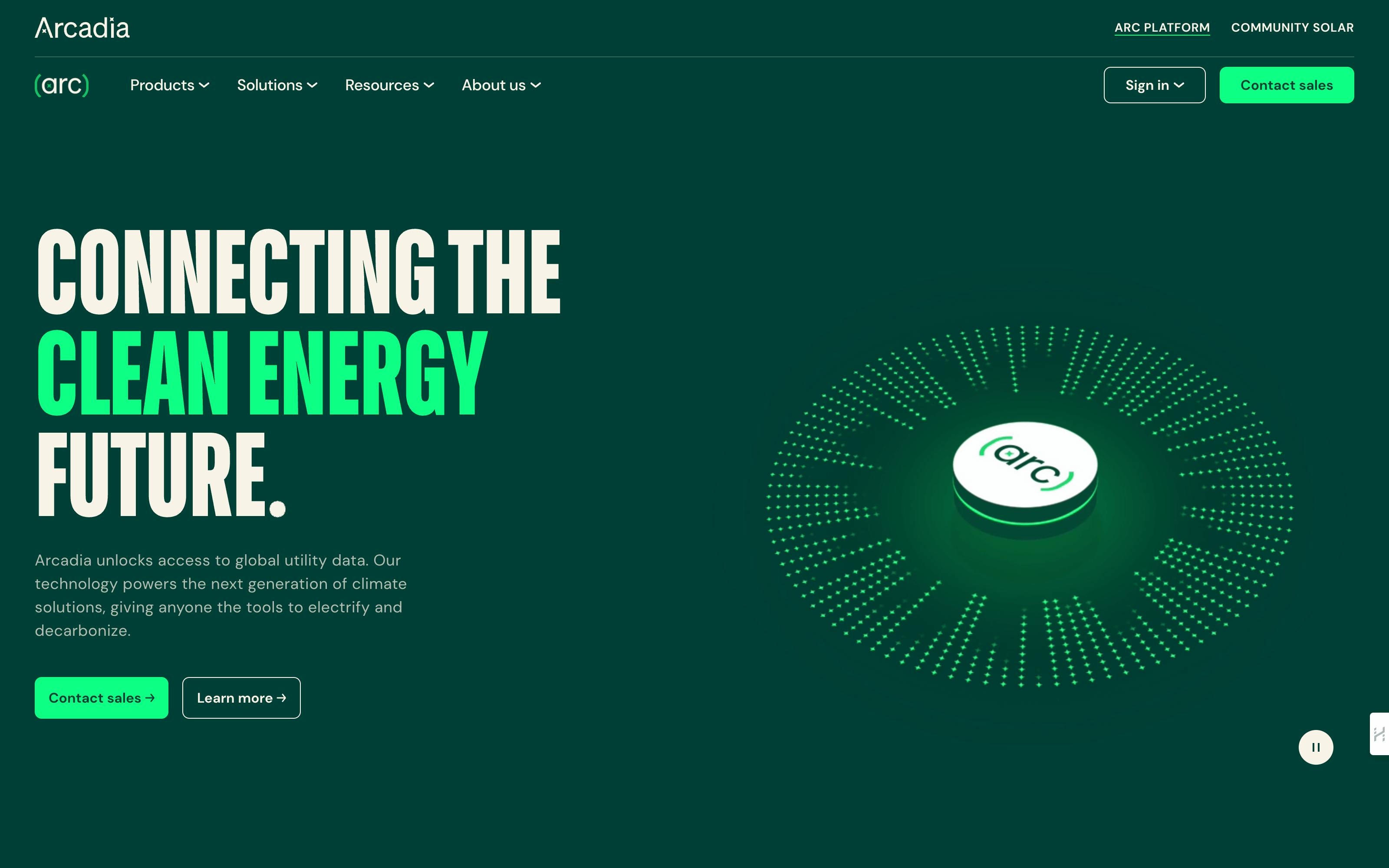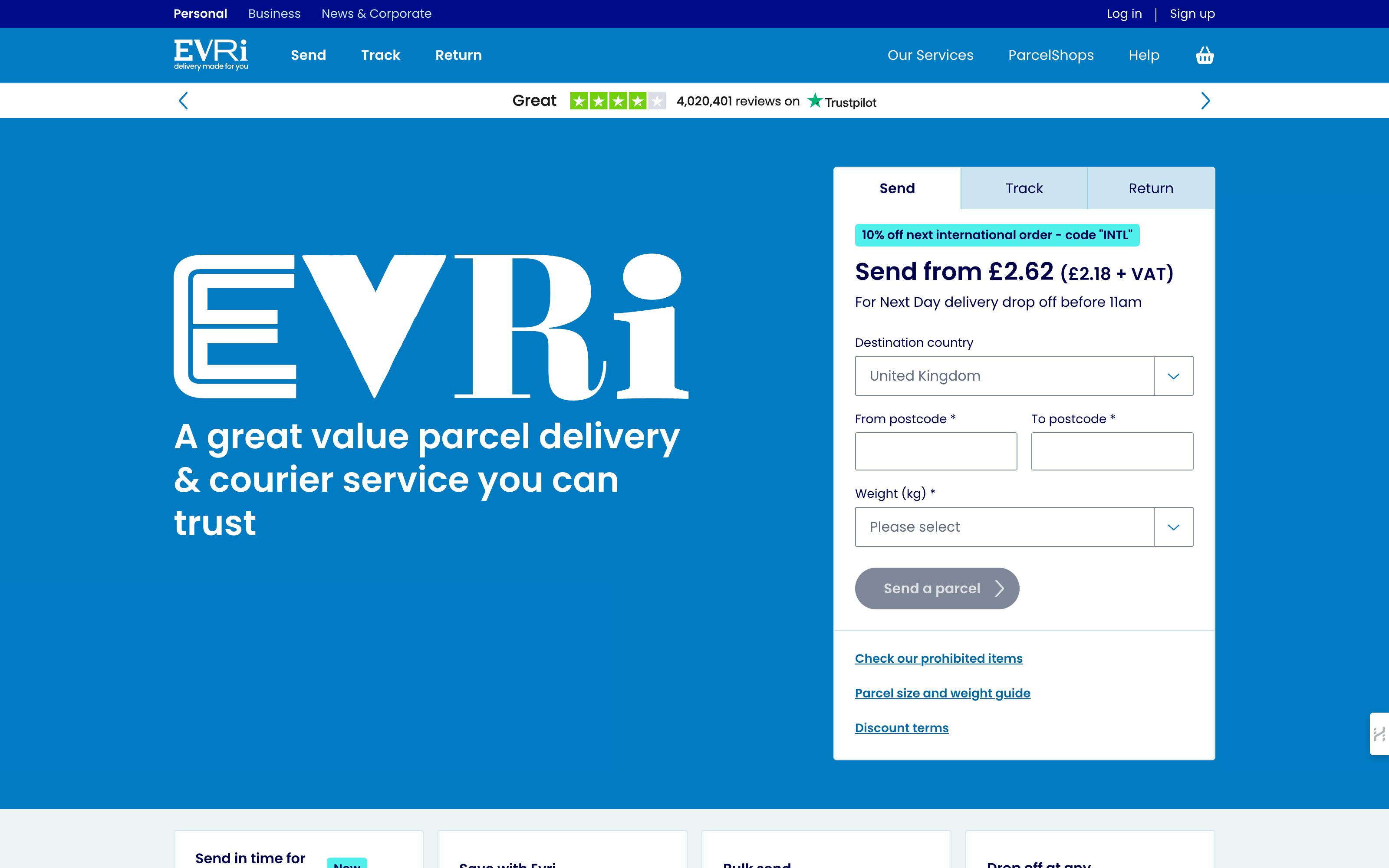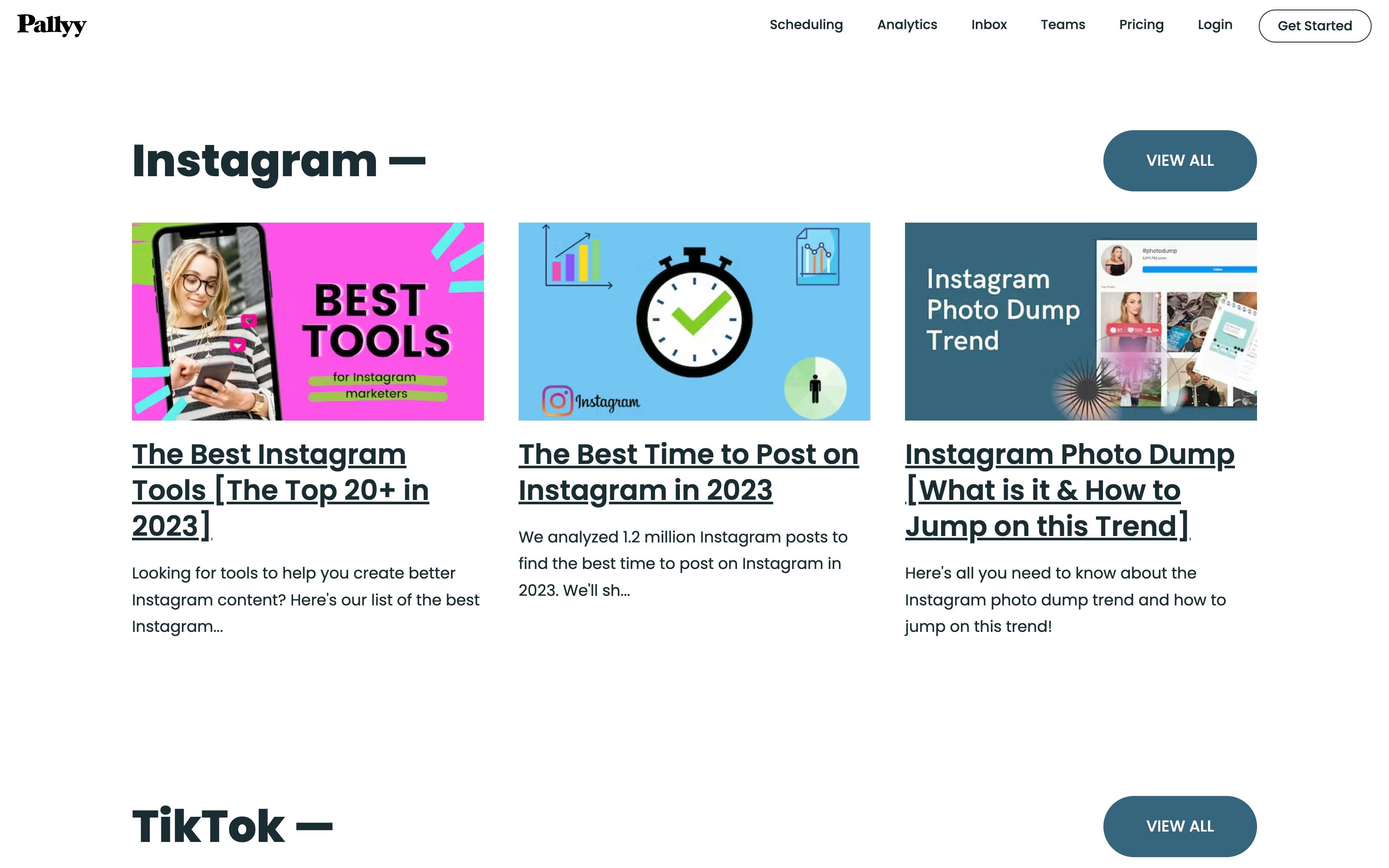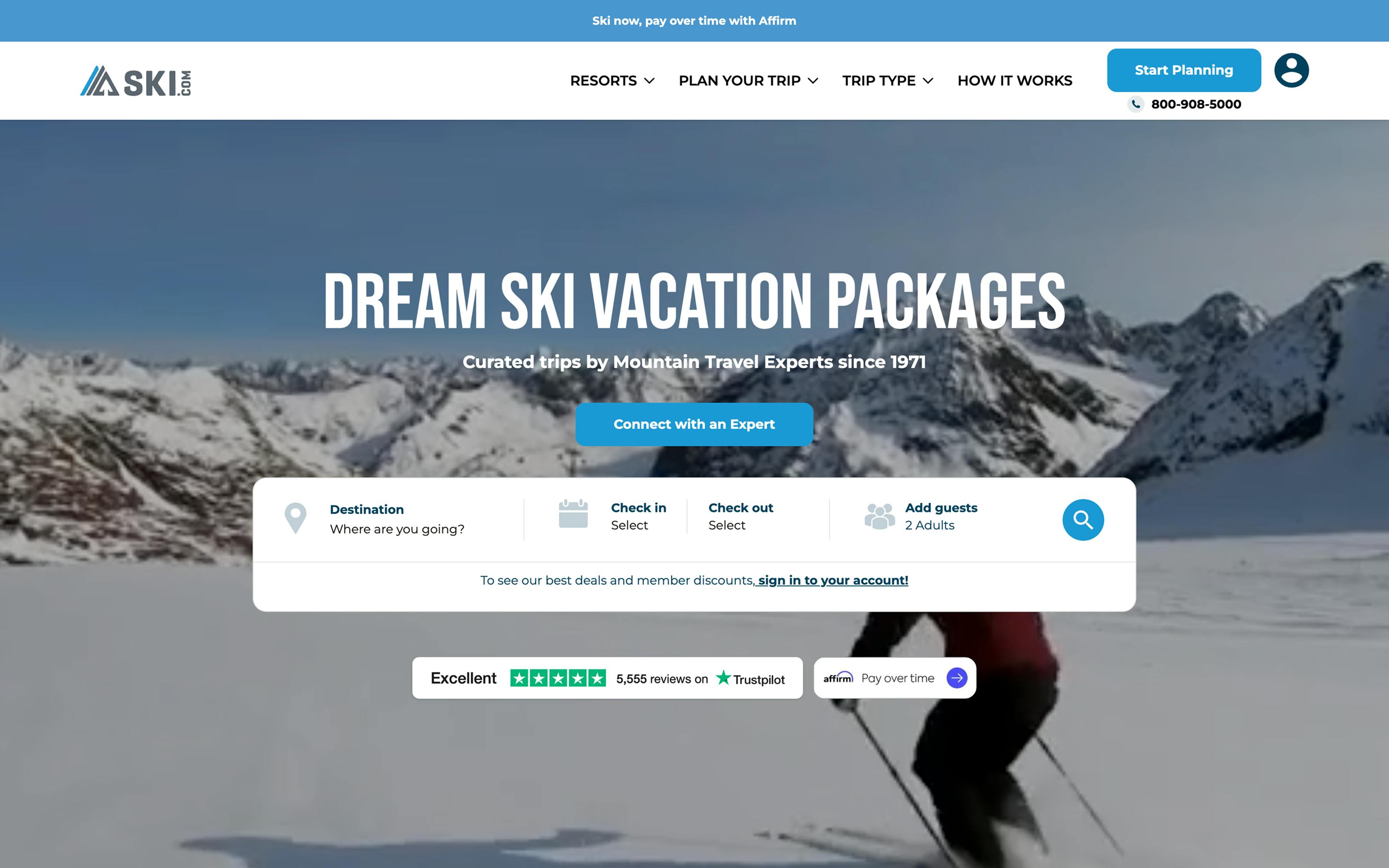Vercel just hosted their Next.js Conf and, as always, it's a reminder that it's a great time to be a Next.js developer. This was my first time speaking at Next.js Conf, and I hope I get an opportunity to be a part of the hype again next year!
There were so many great sessions; it was hard to choose what I wanted to attend. Fortunately, everything is still available through the conference website, where you can find individual sessions on each speaker's page. I'm definitely going to be revisiting some of these talks.
Next.js Conf Announcements
Of course, as with every Next.js Conf, there were announcements about what to expect for the future of the framework. Here are just some of the highlights that stuck out to me from their announcement.
Rust tooling
The first announcement was about their new Rust compiler, which they built on top of swc (a JavaScript compiler, kind of like Babel).
What does this mean to us?
This update is going to make hot module reloading 3x faster and builds 5x faster, making our experience as Next.js developers even better. And the best part is that we'll all benefit without making any updates to our code.
For me, this performance improvement is good news on the CMS front as well. One concern about using CMSs, like Prismic, in the Jamstack space is handling thousands upon thousands of pages during build time. Knowing that Next 12 is going above and beyond to be as performant as possible makes me more confident it's nothing to be worried about.
Middleware
Next.js 12 now gives us a lot more flexibility internally with middleware. Middleware allows you to run code before a request is completed. This will make dynamically managing requests much easier. For example, it helps with customizing content for certain countries on your website by checking geolocation within middleware, so you can let people know that shipping might not be allowed for a location or perhaps something is "coming soon" to an area.
I'm sure there are tons of scenarios where middleware can make a difference. Vercel has shared a number of examples over on their website. I'm expecting to see some really creative solutions to some of the problems we have to solve today.
React 18 Support
Vercel also announced their plans to integrate with React 18, meaning we can expect some support for server-side components!
This is exciting for us on the Dev Exp team at Prismic, and we're already thinking about ways this implementation can improve how we build our Slices. Theoretically, Slice-specific data fetching could happen within the component rather than being passed all the way down the tree with getStaticProps. We'll be keeping an eye out for the React 18 implementation to assess how we can adapt to those changes in the future.
Other Highlights
I couldn't catch all of the talks, but I'd like to highlight some talks that seemed really interesting to me:
Stay on Top of New Tools, Frameworks, and More
Research shows that we learn better by doing. Dive into a monthly tutorial with the Optimized Dev Newsletter that helps you decide which new web dev tools are worth adding to your stack.
Monogram & MacStadium
Prismic had an awesome cameo in the session about how Monogram built out a new website and web portal for MacStadium. Getting an inside look at this project was cool because of the innovative way Monogram used Slices (and Prismic as a whole). Among other things, they implemented a new take on the versatility of Slices by creating several design themes for each one. With these themed Slices in hand, MacStadium rapidly diversified its design across numerous pages.
Web 3
Nader Dabit gave a high-level breakdown on how Web 3 works, what it is, where it's going, how it's being used, and the tools around building decentralized apps. A big takeaway from his talk was how a lot of the crypto space has a huge focus on community. Things like NFTs (Non-Fungible Tokens) and DAOs (Decentralized Autonomous Organizations) are pushing the web to be a more open place. There is a lot to unpack from his talk that I can't summarize here, I highly recommend watching it when you can.
Supabase
I've been hearing nothing but amazing things about Supabase for a long time now. I also caught wind of the funding they've been getting, which is really impressive considering that they're fully open source. Supabase is an open-source Firebase alternative that handles everything from authentication to PostgreSQL databases, instant APIs, and more. The team works very closely with Vercel and does everything they can to make sure the developer experience is seamless.
I'd love to think more about what a Prismic and Supabase integration might look like, especially for handling something like authentication. Being an e-commerce focused person, I have some ideas for projects around collecting payments or subscriptions to see certain content on the Jamstack.
Wrap-up
Again, there were so many talks to choose from and so much more I could have listed my highlights. I'm definitely going to be spending some time heading back to the Next.js Conf site to catch up on what I missed while sessions ran in parallel. Overall, it's a really great time to be a Next.js developer. I'm really looking forward to seeing how Vercel and Next.js pave the way for the future of the web.






